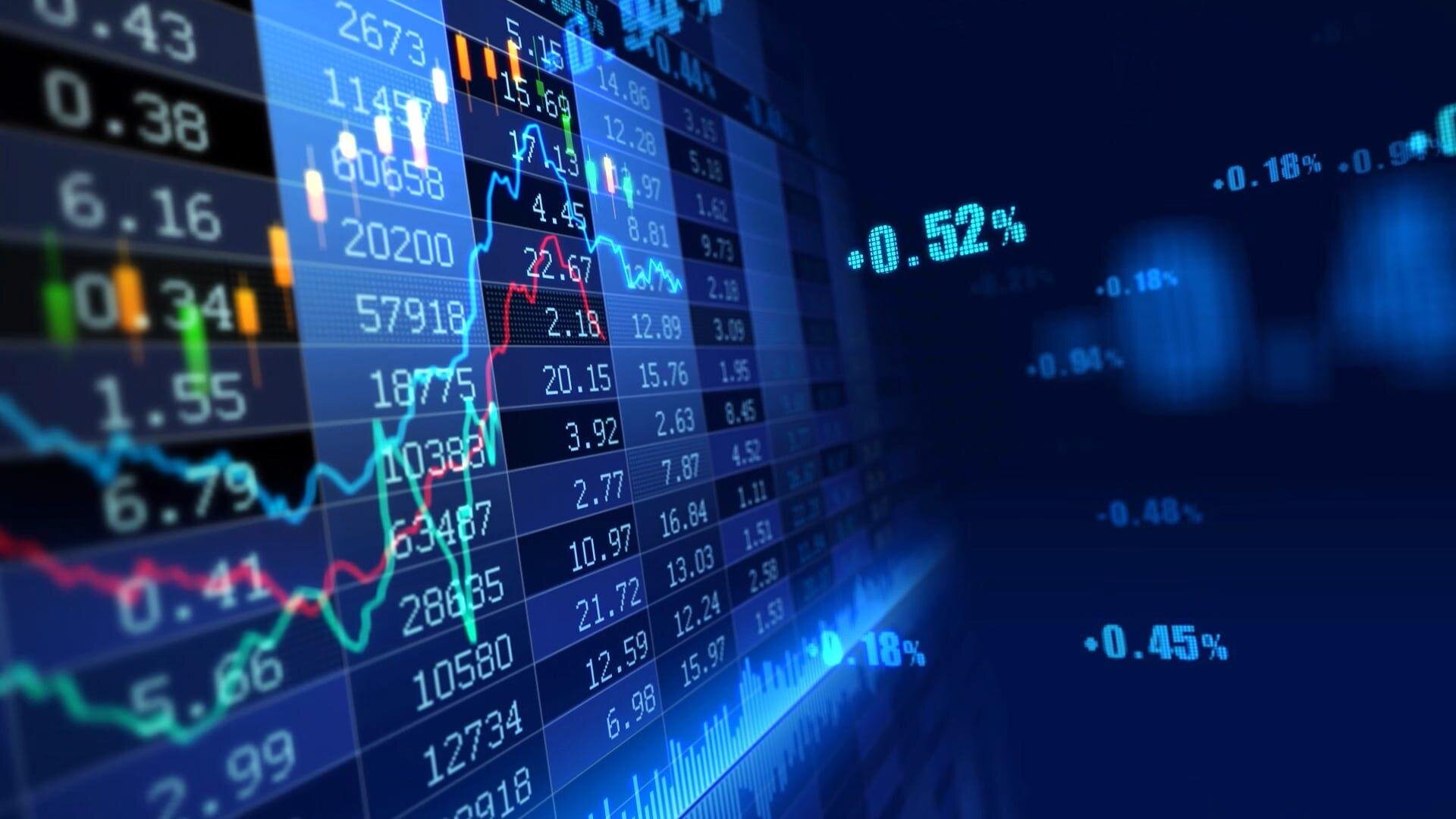Nasdaq Composite breaks above 10,000 for the first time as Amazon and Apple hit records
The Nasdaq Composite rallied to a record high on Tuesday, briefly breaking above 10,000 for the first time, as traders loaded up on major technology names while taking profits from stocks that benefit from the economy reopening.
The tech-heavy Nasdaq rose 0.5%. Amazon and Apple gained 3.7% and 3%, respectively, with each notching all-time highs during the session. Facebook traded 2.9% higher and Netflix rose 3.1%. Google-parent Alphabet was up 0.6%.
Meanwhile, the 30-stock Dow Jones Industrial Average slid 200 points, or 0.75%, and was on pace to snap a six-session winning streak. The S&P 500 dropped 0.5%.
United Airlines and Delta Air Lines each dropped more than 8%. Cruise lines Carnival and Royal Caribbean both declined more than 7%. Retail-related trades Gap and Simon Property Group dropped as well.
“Today’s all about giving back some of the sharp gains we’ve seen in those value names,” said Keith Buchanan, portfolio manager at GLOBALT. Buchanan several factors — including last week’s record-setting jobs report — are signaling a much quicker-than-expected turnaround following and have boosted beaten-down stocks such as airlines and cruise lines. “The upcoming economic data is going to be even more important. To confirm that payrolls number is critical.”
Tuesday’s moves came on the back of sharp gains a day earlier, with the S&P 500 returning to positive territory for 2020 as fears over the coronavirus continued to give way to optimism about the reopening of the American economy.
The S&P 500 leaped 1.2% and turned positive for the year in a quick about-face following the springtime fears over the virus. At one point this year, the S&P 500 was down more than 30% from its all-time highs. It was positive for 2020 by 0.05% by Monday’s close but Tuesday’s losses put it back down 0.6% year to date.
Those sharp gainscame even as the official economic arbiter in the U.S. declared that the economy entered a recession earlier this year. The National Bureau of Economic Research determined that a “clear peak in monthly economic activity” occurred in February.
Traders say the market’s hot streak over the last two months is in large part thanks to confidence about the reopening of the U.S. economy and a barrage of government stimulus.
Market optimists pointed to improving economic signals for the most recent rallies, including the government’s far-better-than-expected jobs report last week. The Labor Department said Friday the economy added 2.5 million jobs in May, a record. Economists polled by Dow Jones had forecast a drop of more than 8 million.
“Recent data points like the jobs report and not-as-bad-as-feared company updates have fueled the view that the worst of the declines could be behind us,” a team of RBC Capital Markets analysts told clients Monday. “The risk-on trade really is gaining traction. Valuations have spiked to historical highs in many industrial sub-sectors, signaling a strong recovery is potentially taking hold.”
But some investors are starting to wonder whether the move has gone too far, too fast considering the economy as just started to reopen. The Federal Reserve begins a two-day meeting Tuesday.
All in, the S&P 500 is up 46% from its March low. Much of those gains have been thanks to the so-called reopening trade, those stocks that would benefit the most if all the Covid-19 precautions and business closures were removed.
Airline shares, which swooned in March amid travel restrictions and contagion fears, have been one of the strongest groups of late. Delta, United and American Airlines are up 50.5%, 77.4% and 80.8% over the last month alone. Another “reopening” group, cruise line operators Carnival and Norwegian Cruise Line are up 63.1% and 100% over the same period.
“Equities continue to trend higher in anticipation of improving economic conditions,” said Terry Sandven, chief equity strategist at U.S. Bank Wealth Management. “But I think it’s premature to declare happy days are here again.”
“What gives us caution is the duration of Covid-19 remains unknown,” said Sandven. “We don’t have treatments, we don’t have prevention and we’re a little bit at the mercy of how fast the virus spreads.”

